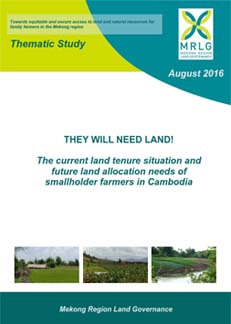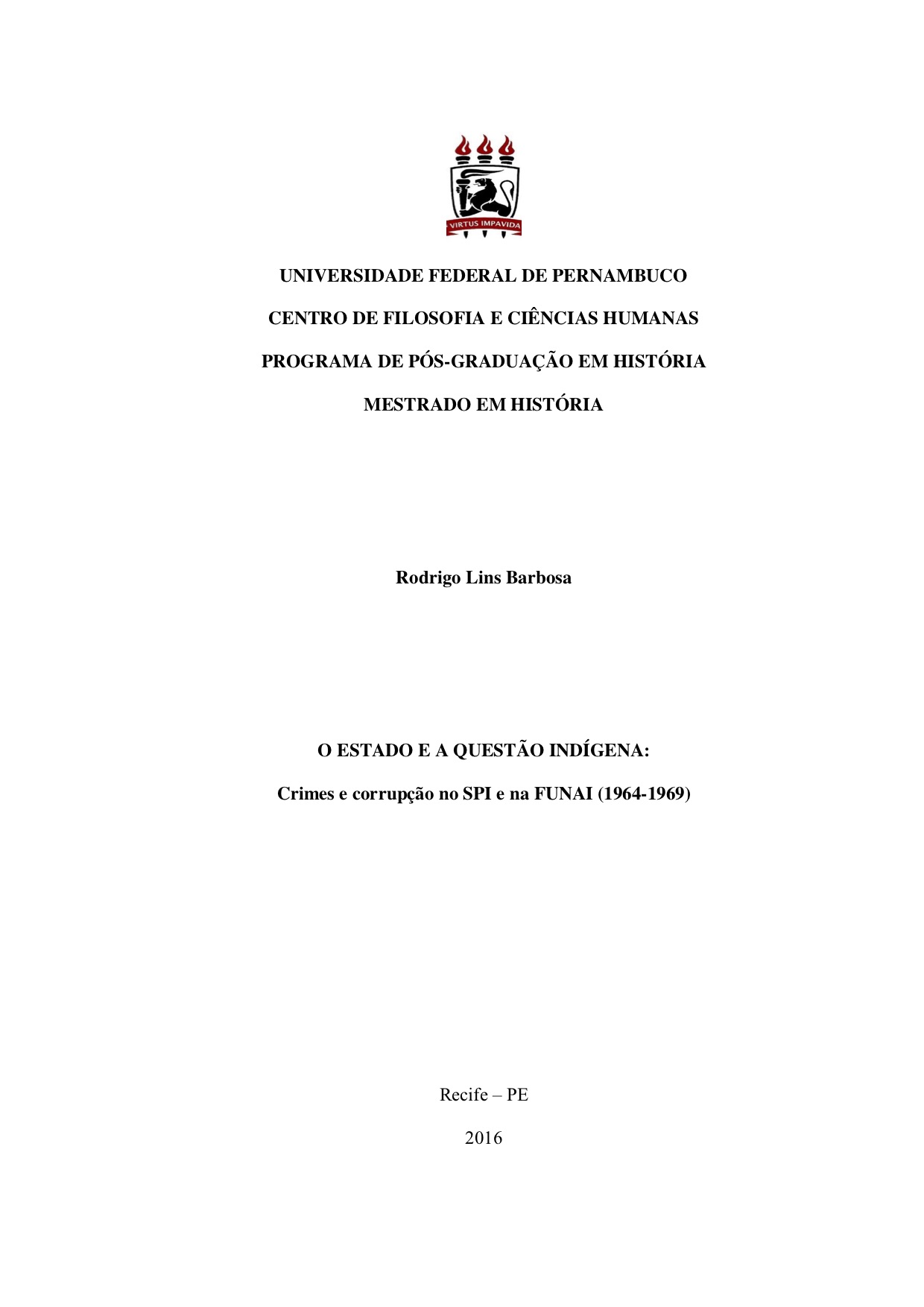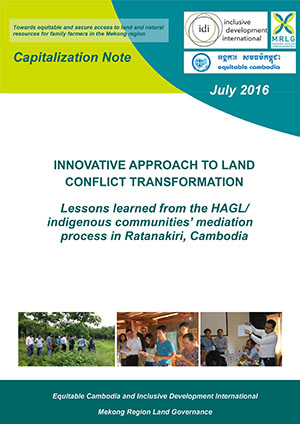Interrogating large scale land acquisition and its implications on women in sub-Saharan Africa : final synthesis report
The accountability mechanisms currently underpinning land transactions in Ghana are very weak. This study explores how land transactions are taking place at the local level, the repercussions for communities especially women, and the responses of women in particular and communities at large to changed circumstances of large-scale land acquisitions (LSLA). Discrimination against women in relation to land has its roots in customary laws and practices concerning the right of use, access to, and succession of land.









